Dr. Mark C. Thompson authored Being Young, Male and Saudi: Identity and Politics in a Globalized Kingdom, published by Cambridge University Press. His work provides a unique lens on Saudi Arabia’s transformative period, offering a focus on Saudi men and their experiences amid rapid social and economic change.
In a time when Saudi Arabia’s Vision 2030 has brought unprecedented reforms—including empowering women and opening new socio-economic opportunities—Thompson’s book asks an important question: how are these changes impacting Saudi men?
Q: The title of your book may suggest Saudi men are becoming a minority. Is the empowerment of Saudi women a threat to men?
A: No, Saudi men are not a minority, and that is not the book’s premise. However, the societal focus on women’s empowerment has sidelined discussions about men’s roles. My book examines how men are navigating these transformative times. It’s crucial to talk to men, not just about them.
I highlight the anxieties men face regarding employment, housing, and marriage. These pressures, coupled with evolving gender dynamics, create a complex picture. My research, based on 50 focus groups across Saudi Arabia, uncovers diverse responses shaped by social backgrounds, regions, and generational divides.
Among young Saudi men, I identify a duality in identity. Many experience a conflict between traditional norms upheld at home and globalized influences in urban settings or online.
Q: How have men’s perceptions of women’s changing roles evolved?
A: There’s a growing perception among men that women are being favored in job opportunities, creating a sense of inequity. Whether true or not, this belief can shape societal reactions.
I believe that there is a great importance and need to consider men’s perspectives, especially as gender dynamics shift. I also point out overlooked burdens, such as men’s responsibilities in families without the resources for private transportation, which played a crucial role in societal dynamics before women gained the right to drive.
Q: How are these societal shifts impacting Saudi Arabia’s global image?
A: Stereotyping remains a persistent challenge. The Western narrative about Saudi Arabia often reflects outdated views, amplified by media laziness and echo chambers. Yet, the younger generation is challenging these perceptions by expressing themselves through new cultural outlets like art, cinema, and theater.
I call for nuanced analysis, considering Saudi Arabia’s diverse communities. Saudi Arabia is not a monolith. Understanding its transformation requires acknowledging the varied experiences of rural and urban populations.
Q: How is Saudi Arabia managing the societal imbalances during this period of transition?
A: Saudi Arabia’s transformation is unprecedented, and transition periods are inherently messy. The rapid pace of change requires time for society to adapt. Today’s challenges may not have clear answers, but they lay the foundation for future perspectives.
I highlight the importance of recognizing diverse socio-economic realities. For example, Jizan, often stereotyped as a traditional region, has the highest number of women drivers in Saudi Arabia. Such contradictions reflect the complexity of this transitional era.
As Saudi Arabia continues to evolve, my work underscores the need for inclusive discussions about both men and women, shedding light on the broader societal implications of the nation’s rapid reforms.
About Dr. Mark C. Thompson
Dr. Mark C. Thompson is a leading expert on Saudi Arabia, specializing in the Kingdom's social, cultural, and political transformations.
As Senior Research Fellow and Head of the Socioeconomics Program at the King Faisal Center for Research and Islamic Studies in Riyadh, he has published extensively on Saudi youth, education, and societal reforms. His research provides critical insights into the evolving dynamics of Saudi society in a rapidly changing region.
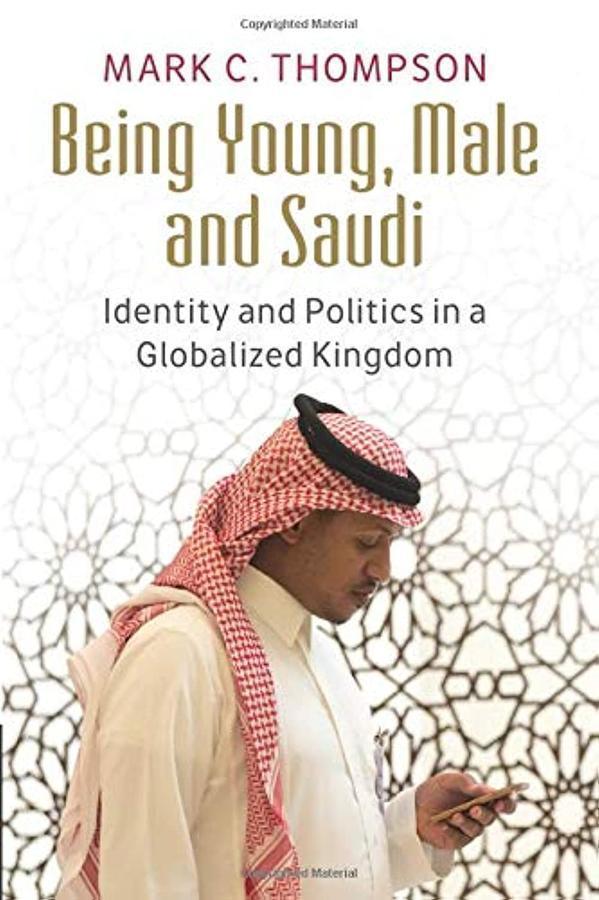
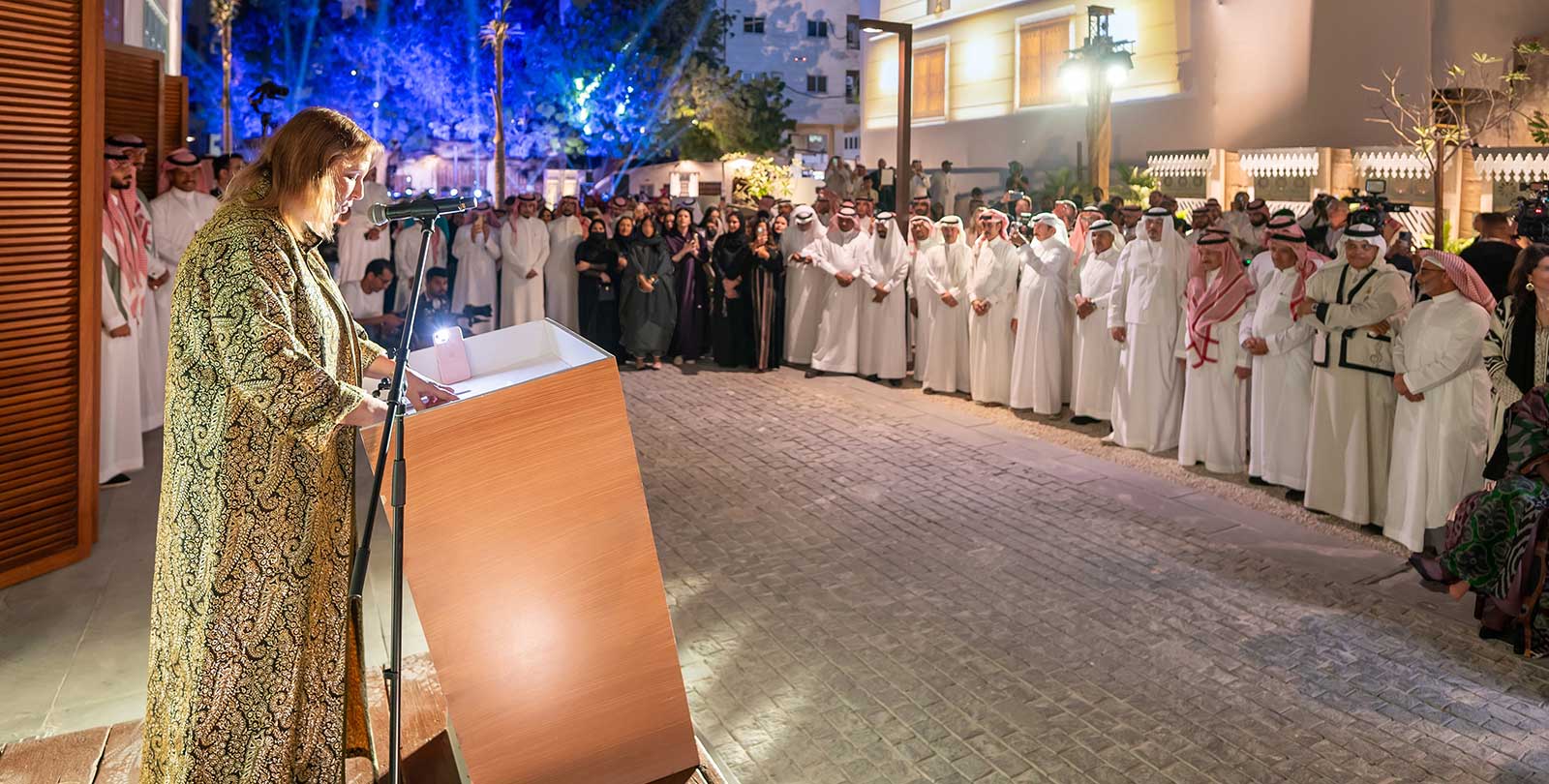
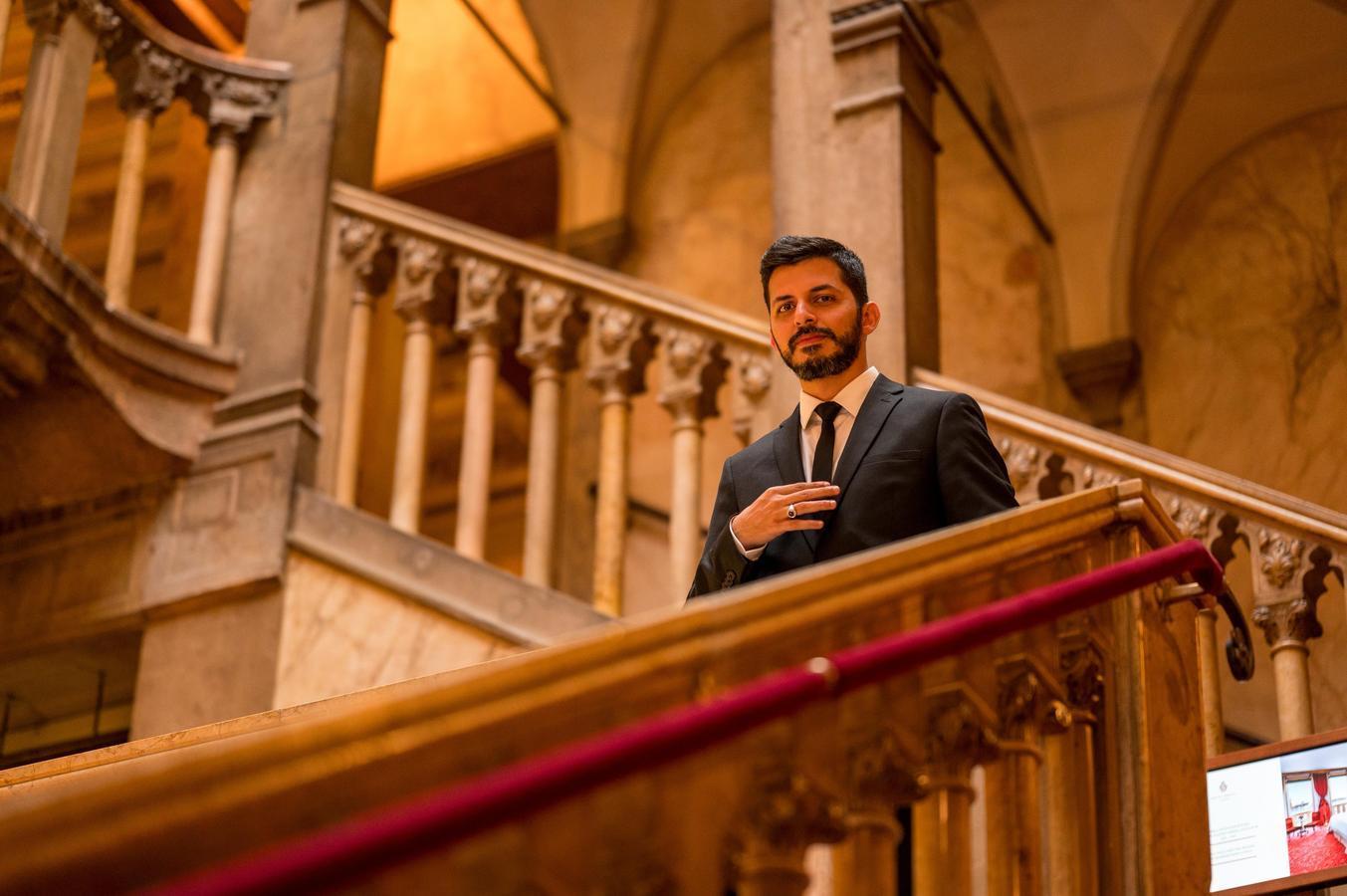
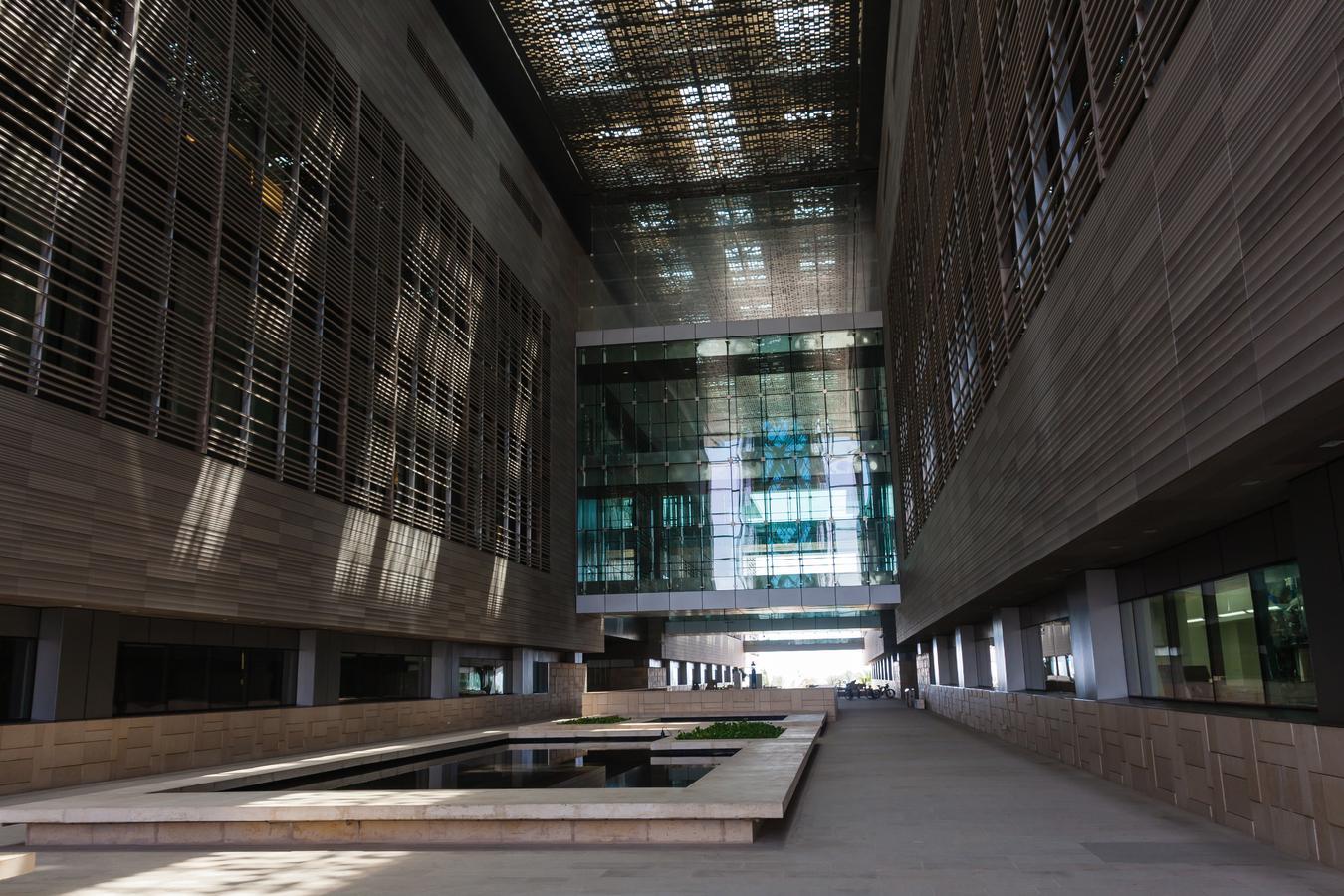
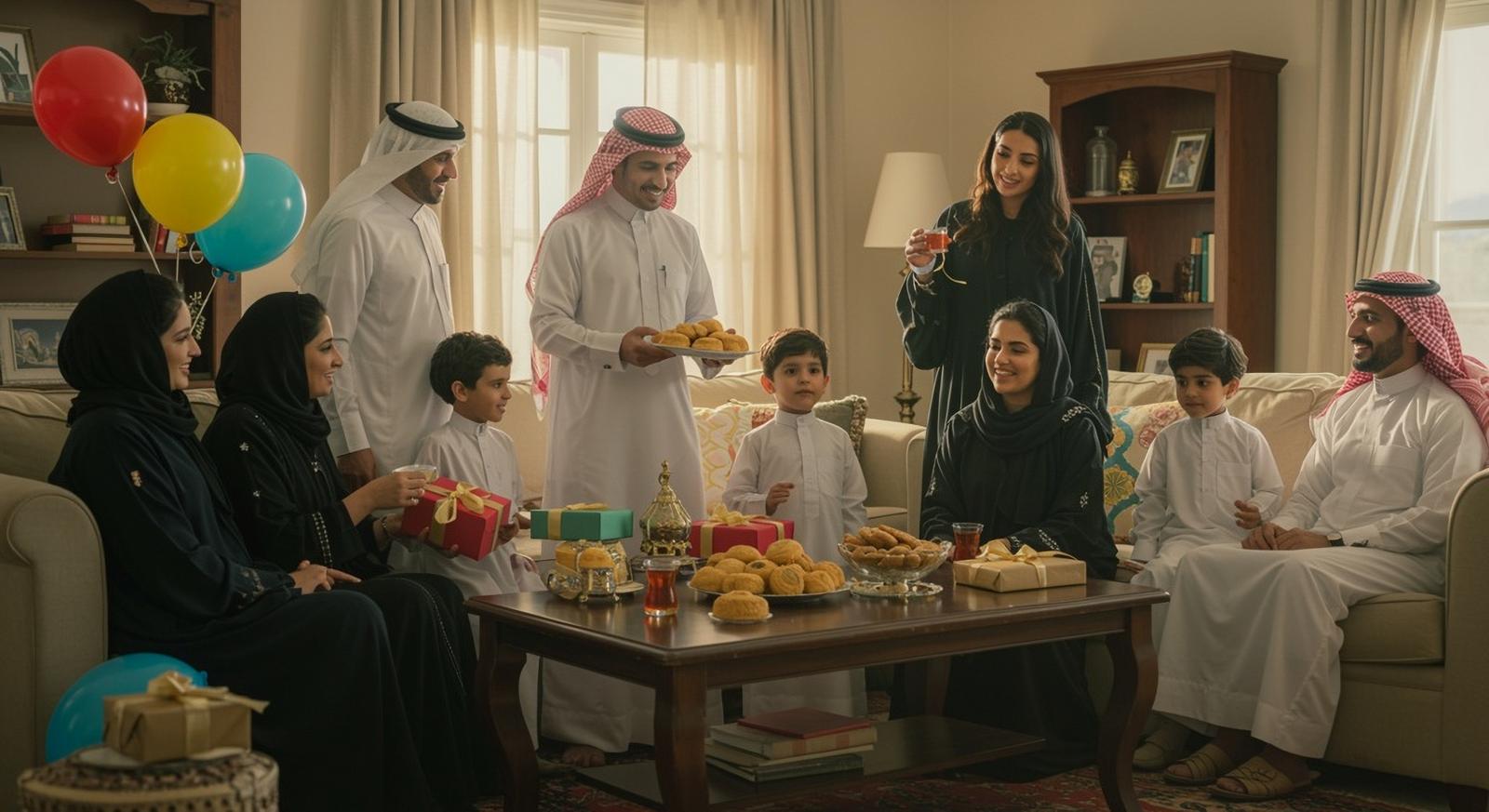

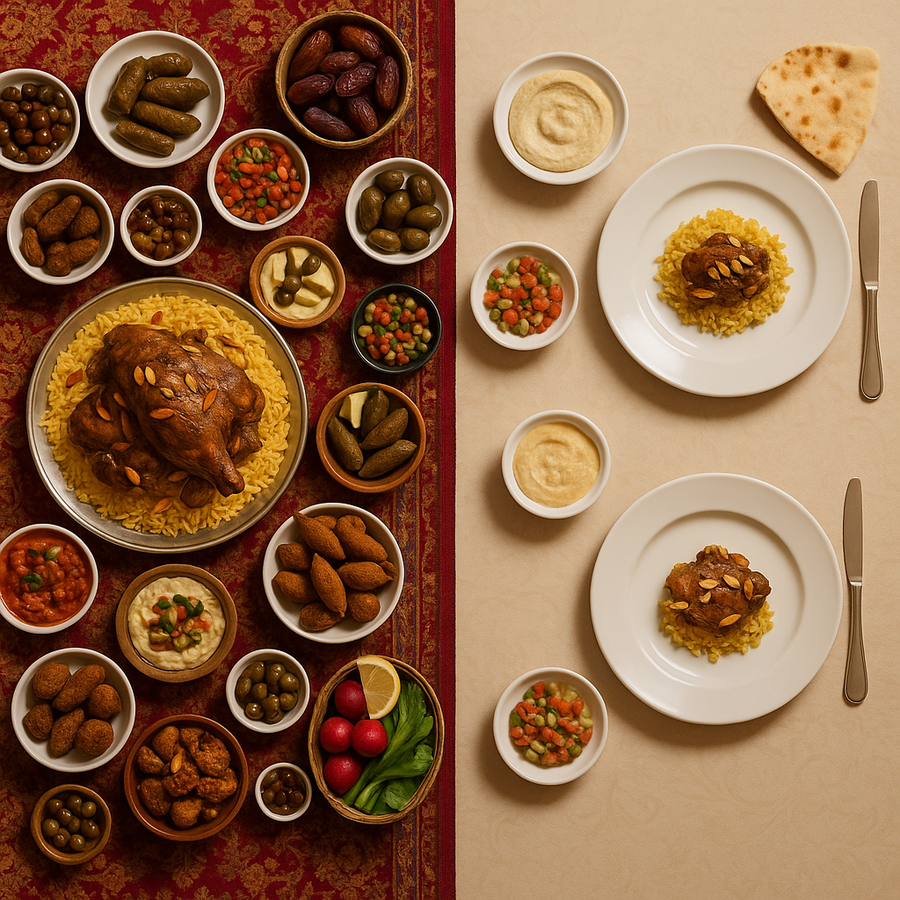

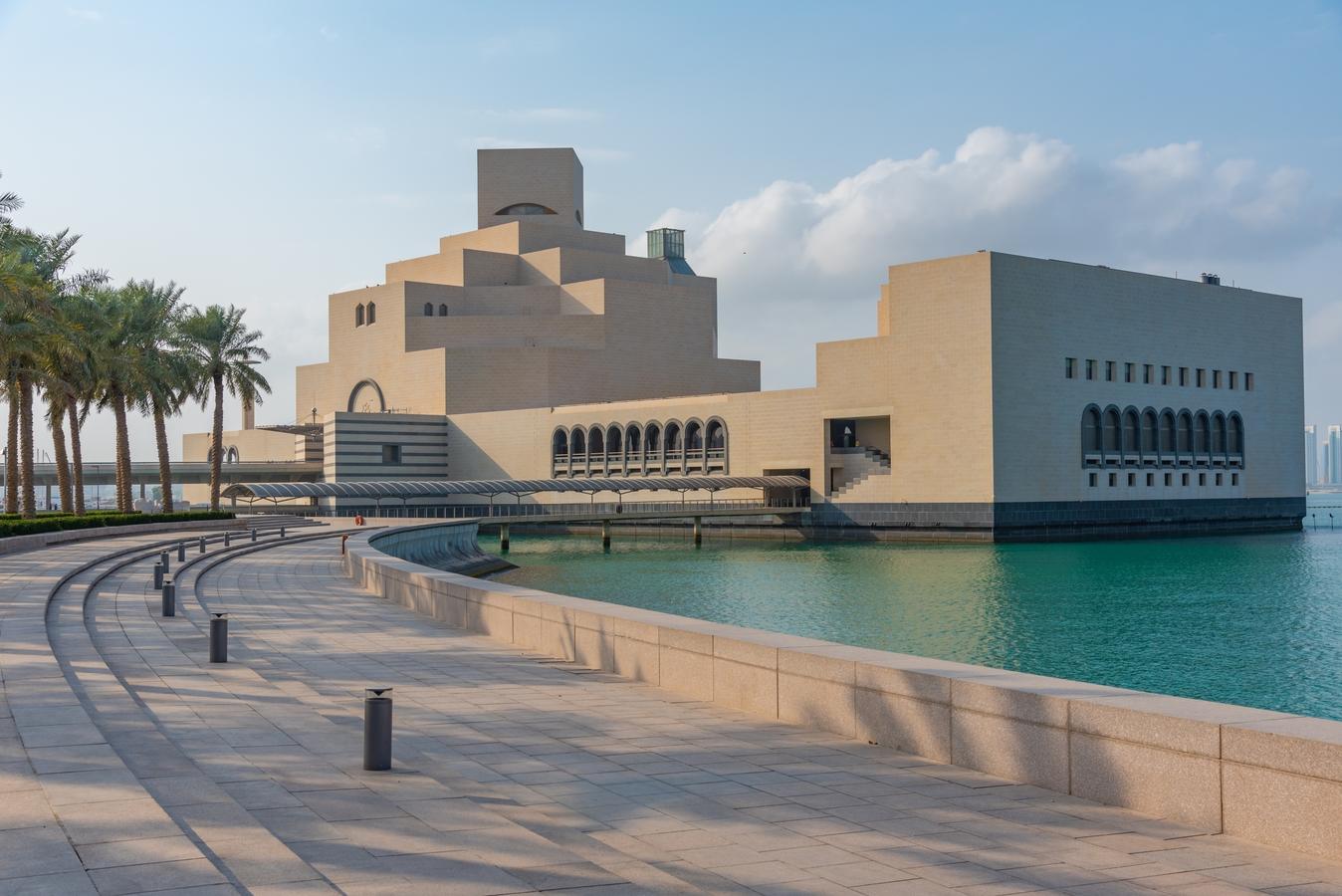
0 Comments
No comments yet. Be the first to comment!